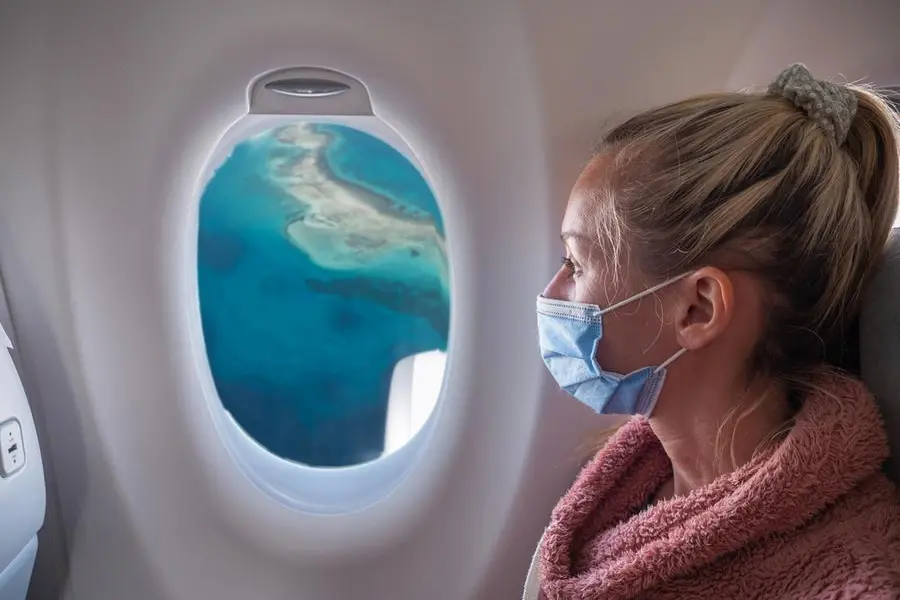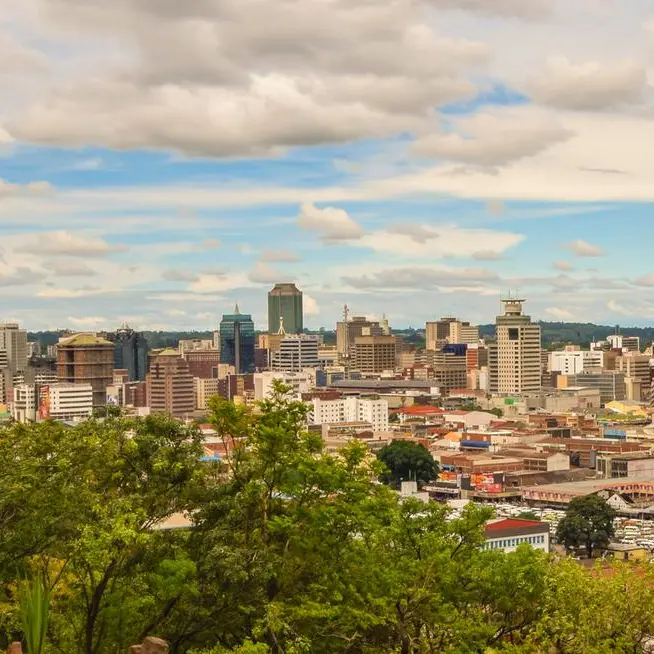PHOTO
Corporate travel spending in key Middle East economies such as Dubai took a nosedive in 2020, when the COVID-19 pandemic choked off flights and video calls took over in-person meetings.
Now, three years since the outbreak, are business travellers back and spending again?
According to the new Business Travel Index Outlook from the Global Business Travel Association (GBTA) released on Wednesday, business travel spending in the Middle East and Africa (MEA) region is bouncing back and will return to pre-pandemic levels by 2024, as more employees intend to take work-related trips amid easing travel restrictions and increased economic activity.
Business travel spending is a key source of revenue in the air transport and hospitality industry in the region, particularly Dubai and Abu Dhabi.
The two emirates have a very active MICE (meetings, incentives, conferences and exhibitions) industry, which is a key driver of business travel. The country’s MICE industry commands 50% share of the Gulf region’s total MICE market, according to Mordor Intelligence.
Prior to the COVID-19 pandemic in 2019, more than 2.3 million people took business trips to Dubai, an increase of 2% from 2018 and representing 10.7% of the total visitors to the UAE in 2019, according to data published on the Ministry of Economy website.
Although they only account for around 12% of airline passengers, corporate flyers usually buy higher class tickets and travel more frequently compared to other passengers. On average, their spending accounts for around three quarters of airline profits.
It is not clear yet how many business travellers have returned to Dubai or the region since the pandemic, but as of 2022, business travel spending in MEA reached $23 billion, representing around 2.5% of the overall spending within the sector, according to GBTA.
Overall corporate travel spending in the region has already achieved nearly 90% of pre-pandemic levels. GBTA expects the figure to increase further on the back of higher travel demand in the corporate sector.
"The MEA region is an important growth market for business travel and benefited from a prompt COVID-19 vaccination roll-out in key markets such as the UAE and Israel, as well as increased economic activity driven by the rising price of crude oil to accelerate the business travel recovery," said Catherine Logan, GBTA's Regional Vice President for EMEA and APAC.
"The region is expected to return to pre-pandemic business travel spend by 2024 and continue its growth trajectory."
Decline in spending
Airlines saw corporate travel spending plunge at the height of the pandemic, as financially strapped businesses cut back on expenditures and in-person meetings ceased to exist.
The decline in spending had negative ripple effects on other businesses, including hotels, airport retail shops, rent-a-car companies, taxi drivers, bars, restaurants, travel agencies, tour operators and event organisers, among many others.
However, with restrictions now mostly lifted worldwide and people are keen on meeting face-to-face again, things are looking up for businesses, as well as regional economies, that rely heavily on corporate travel.
Across the globe, business travel spending reached $933 billion last year, representing 65% of the more than $1 trillion spending prior to the pandemic, GBTA said. According to the World Travel and Tourism Council, business travel spending exceeded $1.4 trillion in 2018.
Recovery in MEA
In the MEA region, business travel in 2022 achieved 86% of its 2019 levels, outperforming the recovery in Americas, Asia Pacific and Europe, GBTA said.
Dubai and Abu Dhabi have recently hosted several high-profile events and conferences, including Expo 2020, GITEX, Gulfood and Arabian Travel Market, which all drove UAE visitor traffic to high levels.
In 2022, the emirate won 232 bids for business events, almost twice as many as the previous year, according to Dubai Business Events (DBE), the emirate’s official convention bureau that is part of the Department of Economy and Tourism. However, the figure is still short of the 301 meetings, conferences and incentives organised by DBE in 2019.
Also in 2022, total passenger traffic at Dubai International (DXB) swelled to 66 million. The figure is forecast to rise further to 78 million this year.
With travel now almost restriction-free, GBTA said employees in its recent poll revealed an “increased likelihood” to travel more for work, whether long-term or overnight business trips.
“The business travel sector is a key component of the Middle East’s wider travel and tourism industry, and it is encouraging to see that it has bounced back so strongly since the pandemic,” said Danielle Curtis, Exhibition Director for ME, Arabian Travel Market, a major industry event which will gather stakeholders in the industry in May this year.
Business travel has always been slower to recover than leisure travel.
In a separate report, McKinsey noted that after the 2008-2009 global recession, it took five years later for international business travel to fully rebound to pre-recession levels, while international leisure travel recovered in just two years.
(Reporting by Cleofe Maceda; editing by Seban Scaria)





















